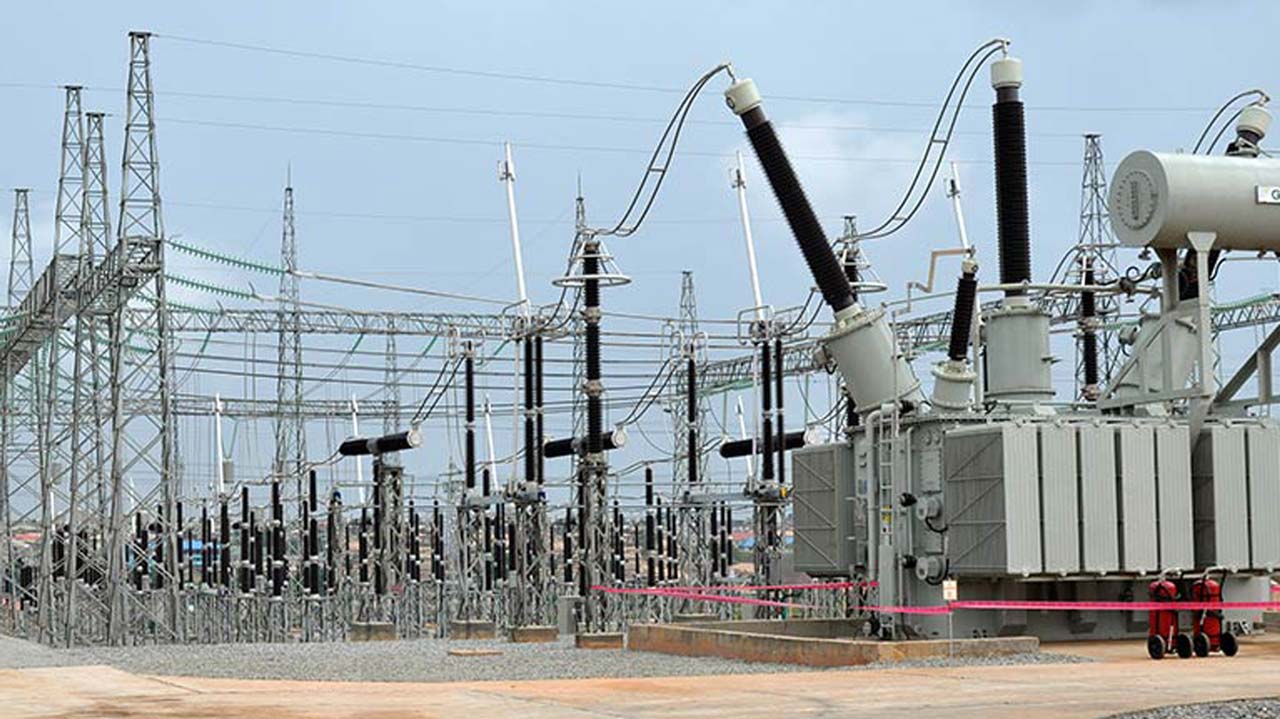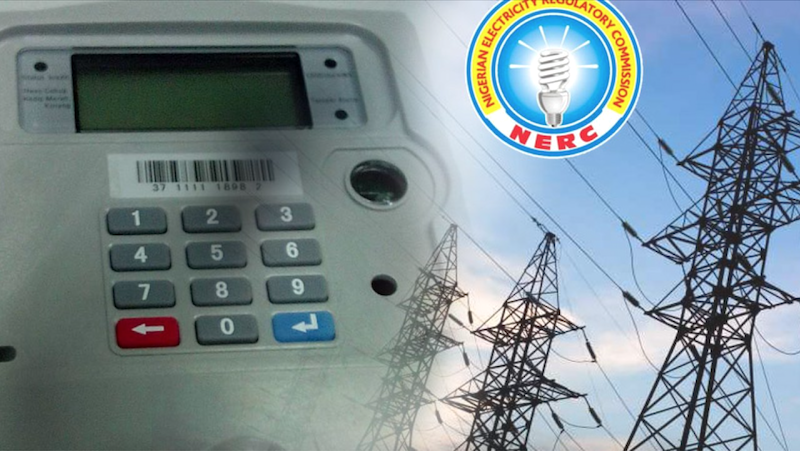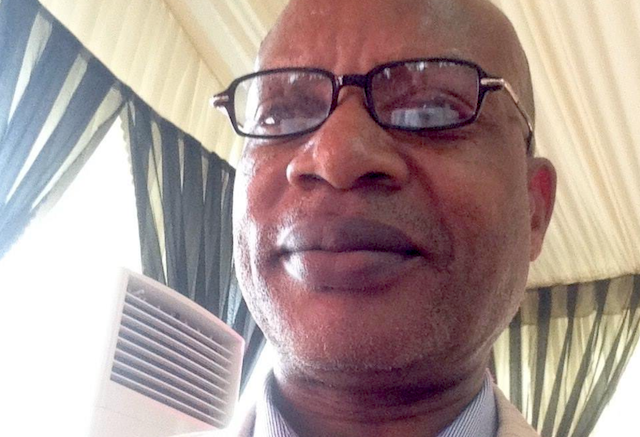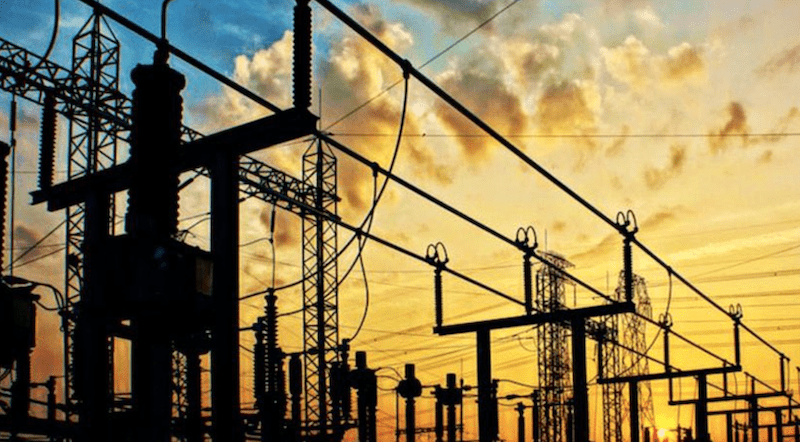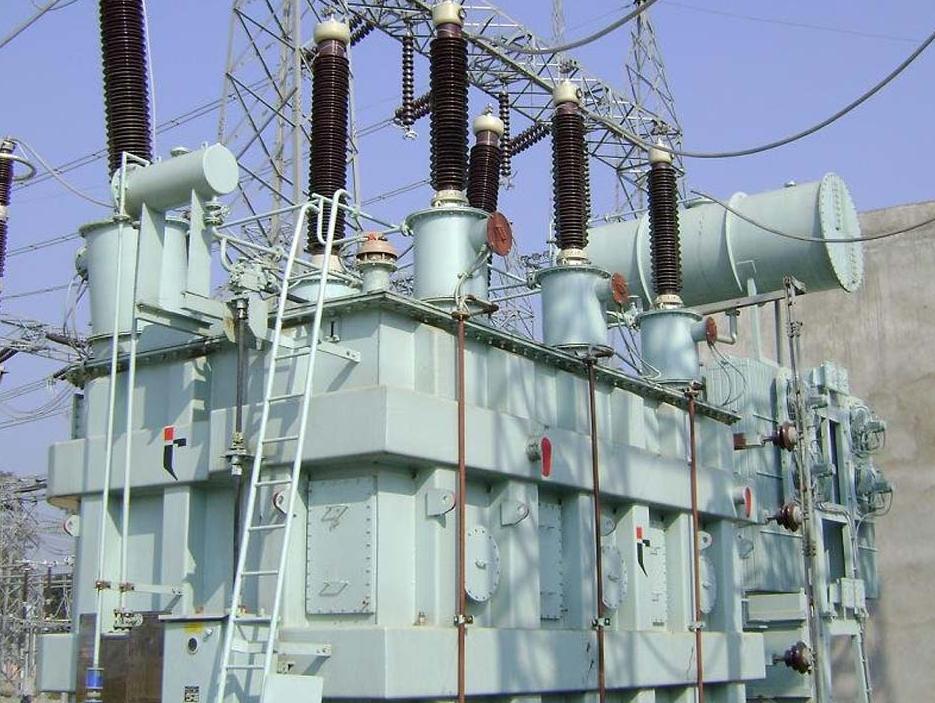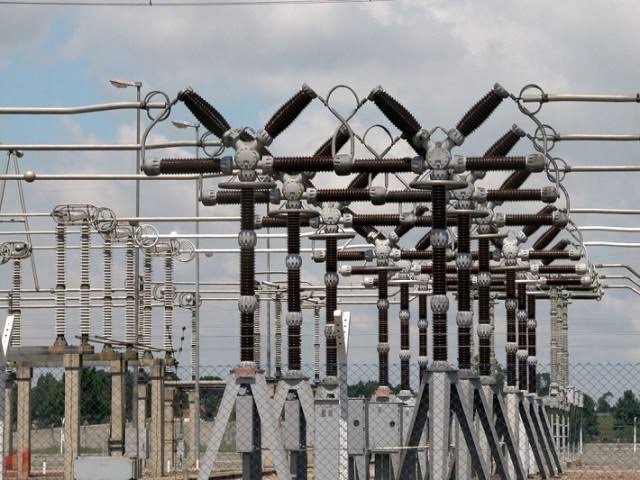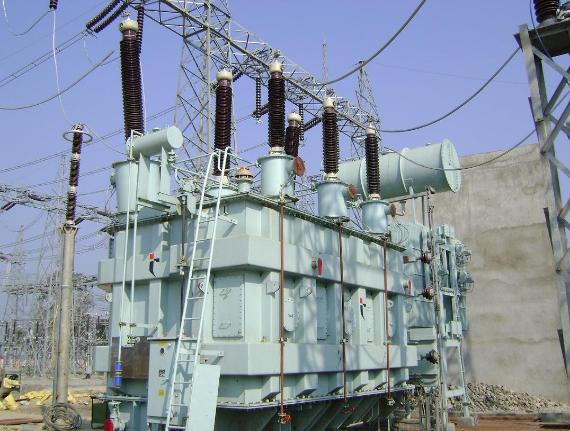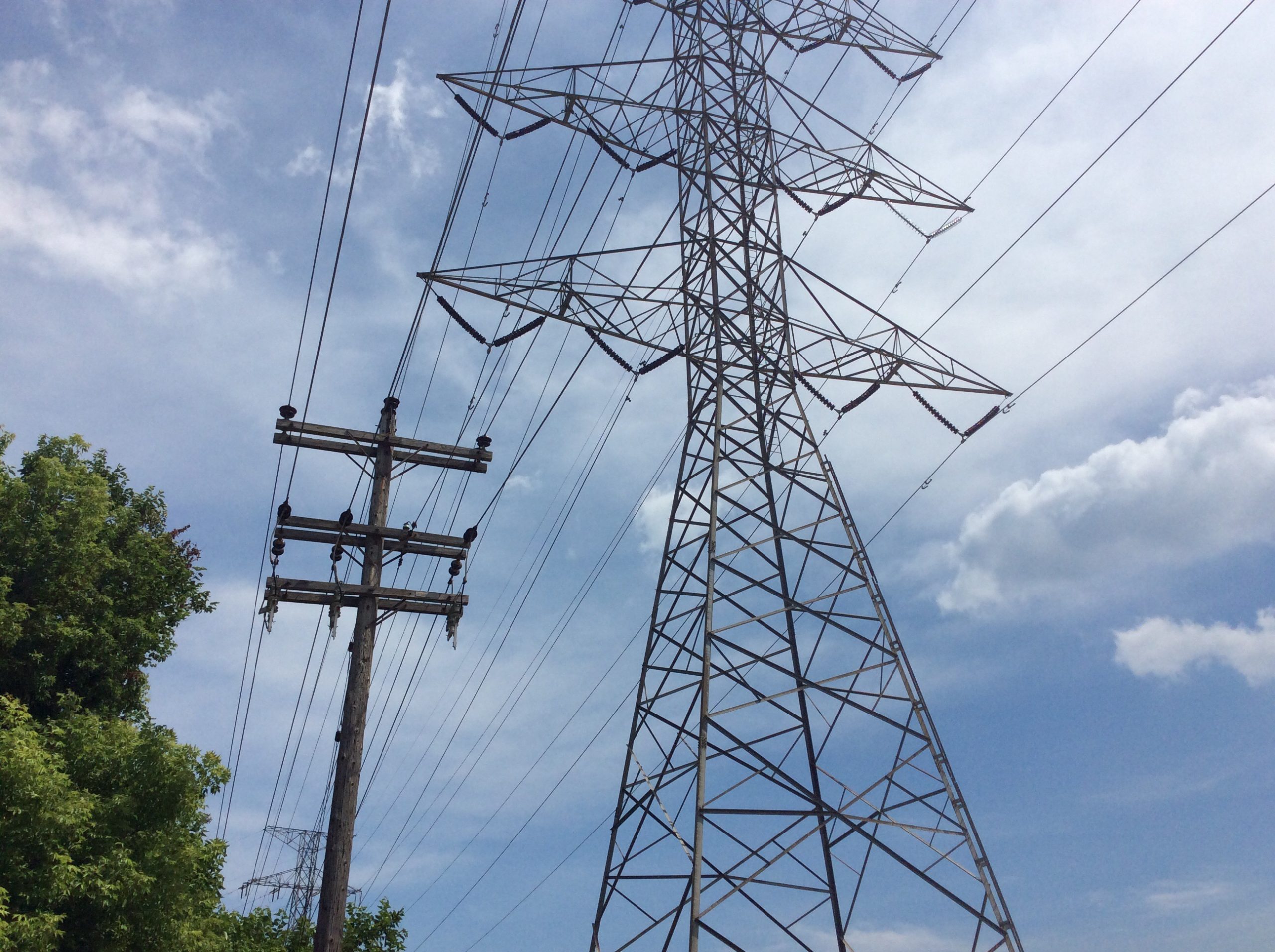In March 2025, the Nigerian Electricity Regulatory Commission (NERC) released the performance report of 2024/Q4 in comparison to 2024/Q3 by the 11 electricity Distribution Companies (DisCos) in the country.
While the report speaks of Eko DisCo (90.00%) and Ikeja DisCo (82.63%) as recording the highest collection efficiency in 2024/Q4 – a similar trend observed in 2024/Q3 – it notes the lowest collection efficiency recorded by Jos DisCo (49.68%).
The NERC, in its document titled: ‘Quarterly Report 2024,’ states that, “The NBET (Nigerian Bulk Electricity Trading) company invoice payable by the DisCos for 2024/Q4 was only ₦360.97bn because the FGN has taken responsibility for 57% (₦471.69bn) of the total generation costs in the form of subsidies arising from the freezing of end-use customer tariffs at the rates payable in July 2024.”
This is astounding! Why would the government augment 57% of the total generation costs by the DisCos, even if it’s to mitigate their demand for increased tariffs “due to low revenue,” despite the power suppliers’ segmentation of customers into ‘Band A’ to ‘Band E’ for higher billing and increased revenue?
Still, the pressure continues from the DisCos for a hike in customers’ tariffs – as a tool for blackmail, to ensure that the subsidy “feeding bottle” isn’t taken from their mouth, as the government may not risk another subsidy removal without incurring the wrath of the labour unions, and Nigerians in general.
In comparison, the NERC report says the total revenue collected by all DisCos in 2024/Q3 was ₦466.69bn out of the ₦626.02bn billed to customers, translating into a 74.55% collection efficiency, compared to the 77.44% collection efficiency recorded in 2024/Q4 – a +2.89pp higher than the 74.55% recorded in 2024/Q3. The Nation reported on March 24.
The NERC report notes that a comparison of the DisCos’ performance shows that eight of them recorded improvements in collection efficiency between 2024/Q3 and 2024/Q4, with Yola (+13.93pp) and Kano (+9.88pp) recording the greatest improvements; while “the remaining three DisCos recorded declines in collection efficiency, with Jos DisCo (-3.61pp) and Abuja DisCo (-3.39pp) having the most significant declines over the period.”
If the figures provided by the NERC are a true reflection of the collection efficiency of the DisCos, those with improved collection rate of about 65% and above should exit the subsidy payment, or have their shares reduced equal to their collection efficiency – as there’re indications that their collection efficiency will be higher from 2025/Q1 to 2025/Q4, than what they recorded in 2024/Q1 to 2024/Q4, respectively.
Now to the segmentation of customers into ‘Band A’ to ‘Band E’ by the DisCos, which’s a kind of inverted pyramid in the supply chain, where the minority top tier customers receive more and constant electricity supply, and pay higher tariffs, while the majority bottom tier customers receive less and irregular supply, and pay lower tariffs. Thus, the average daily power supplies are: ‘Band A’ 20 hours; ‘Band B’ 16 hours; ‘Band C’ 12 hours; ‘Band D’ 8 hours; and ‘Band E’ 4 hours.
Customers in ‘Band A’ now enjoy more hours of constant supply of power, averagely 20 hours per day for “higher tariffs.” A younger brother of mine told me that supply in their area under ‘Band A’ “is so regular that I have to switch off my fridge in the morning until I return home about nightfall.”
He continued: “Because the power is constant and the light always full, sometimes we want the supply to be cut-off by NEPA” (National Electric Power Authority) – the inefficient moribund government-owned electricity company that’s decisively labelled as “No Electric Power At all” or “Never Expect Power Alway” – that preceded the equality failed Power Holding Company of Nigeria (PHCN), which sprung the current ineffectual power bodies.
In contrast, customers in the lower ‘Band E’ continue to receive four hours or no supply at all, and yet, billed tariffs averaging N10,000 monthly that they say they can’t afford, or simply neglect to pay. As a male customer in my area of Lagos lamented, “Why should I pay an over-estimated bill for electricity I didn’t, and don’t receive?”
“If they (the DisCos’ disconnection crew) like, let them come and remove my wire. I don’t care. After all, we were in darkness for three weeks last month (April 2025), and the previous months, and years were not better, either,” the customer said with a drawn-out hiss.
Surely, that customer spoke the minds of millions of dissatisfied customers under the lower ‘Bands” of the electricity line. An independent survey of these customers across the country will reveal a shocking find of inefficient and poor power supply, amid escalating tariffs.
This prompted masquerades to lead a youth protest in Omu-Aran, Irepodun Local Government Area of Kwara State on April 11, 2025, in what they described as “outrageous billing and sudden movement of the community’s electricity billing regime from Band C to Band A.”
As reported by SENTINELNG on April 13, the youths, “dancing and singing war songs,” carried placards with inscriptions, such as, ‘IBEDC Mr Badmus Must Go’, ‘Omu-Aran Say No to Band A’, ‘Revert Omu-Aran to Band C’, ‘Omu-Aran Youths Have Spoken Loudly.’
The orderly and peaceful protesters – who stormed major streets, and designated areas, including the Olomu palace, and the Ibadan Electricity Distribution Company (IBEDC) district office at Omu-Aran City Complex – alleged that the sudden movement of billing from Band C to Band A, and the outrageous bills received for the month of March, were orchestrated by the newly-posted Business Manager, Mr A. O. Badmus.
With some of the electricity bills displayed, ranging from N41,000 to N47,000 for the month of March, as against the old rate of between N10,000 to N15,000; the youths vowed to continue the protest until their grievances and demands were meant.
These include: Replacement of faulty transformers for consistent electricity supply in the community; reversion of billing from Band A to Band C; suspension of Band A billings and a review of the current charges to reflect the old billing regime; an independent review of IBEDC’s service delivery in Omu-Aran, to assess the proper tariff regime classification; immediate stoppage of overdraft purchase on pre-paid meters; and stoppage of consumers purchasing materials for faulty electricity equipment.
Meanwhile, it’s a game of passing the buck from the power suppliers to the electricity regulatory agency, as Mr Badmus declined to speak on the issue, and directed inquiries to the IBEDC Kwara State Communication Officer, Mr Gbenga Ajiboye.
In his reaction, Ajiboye said the issue of electricity regulation remains the sole responsibility of the NERC, adding, “they (NERC) are the one who does regulation, monitoring and enforcement; there is nothing we can do on our own as far as regulation is concerned in the state (Kwara).”
Yet, the NERC report talks about collection efficiency of tariffs instead of supply inefficiency by the DisCos. That under-served and unserved customers haven’t embarked on massive protests that could worsen Nigeria’s economic situation doesn’t mean customers are satisfied with their power supply.
Rather than improve on supply efficiency, the DisCos have habitually threatened to cut-off customers that protest poor services. They’ve actually plunged communities into darkness due to misunderstanding between customers and DisCos’ ubiquitous Disconnection Crew.
Imagine the negative tagging of a department or section of DisCos as “Disconnection Crew” in place of a less autocratic, “Connection Crew,” even if the job of the staff is to disconnect customers for sundry excuses!
The ladder-bearing “disconnectors” roam the streets regularly in the name of disconnecting indebted customers. But their mission is to blackmail and extort customers, and leave when their palms are greased, while the customers’ bills remain unpaid, and mounting.
In any case, customers are over-estimated compared to the power supplied, and the tariffs keep climbing even when they weren’t supplied for weeks or months over claims of faulty lines or transformers, or collapse of the on-again-and-off-again national grid.
The DisCos are ingenious in billing and fleecing of customers. For example, the Ikeja DisCo operates a dubious system of “capping” that imposes a monthly-fixed amount for segmented areas in its jurisdiction, whether they receive power or not.
The method works this way: Every month, the DisCo’s billing officers decide the amount to “charge” each segment of their service areas. For instance, in the billing month of May 2025, the billing officers may decide to cap one segment at a monthly 250 hours of electricity consumed by each customer, irrespective of whether they receive supply or not.
It’s like a back-door reintroduction of the abusive and abolished fixed monthly fee paid by customers for a so-called “maintenance” of their meters – which servicing was never, ever carried out till the phasing out of post-paid meters for the now elusive pre-paid meters.
Pre-paid metering has also offered the DisCos an avenue to squeeze customers, as they hoard the single-phase and three-phase meters, and keep inreasing their prices, to make a killing on desperate customers trying to escape over-estimation.
Who’ll save Nigerians from the seemingly sherlock DisCos over irregular and poor supply of electricity and over-estimatiion of customers: The Government, the Minister of Power or the NERC? The trio appear complicit in extorting customers, and ineffective monitoring and sanctioning of the powerful and overbearing electricity providers!
